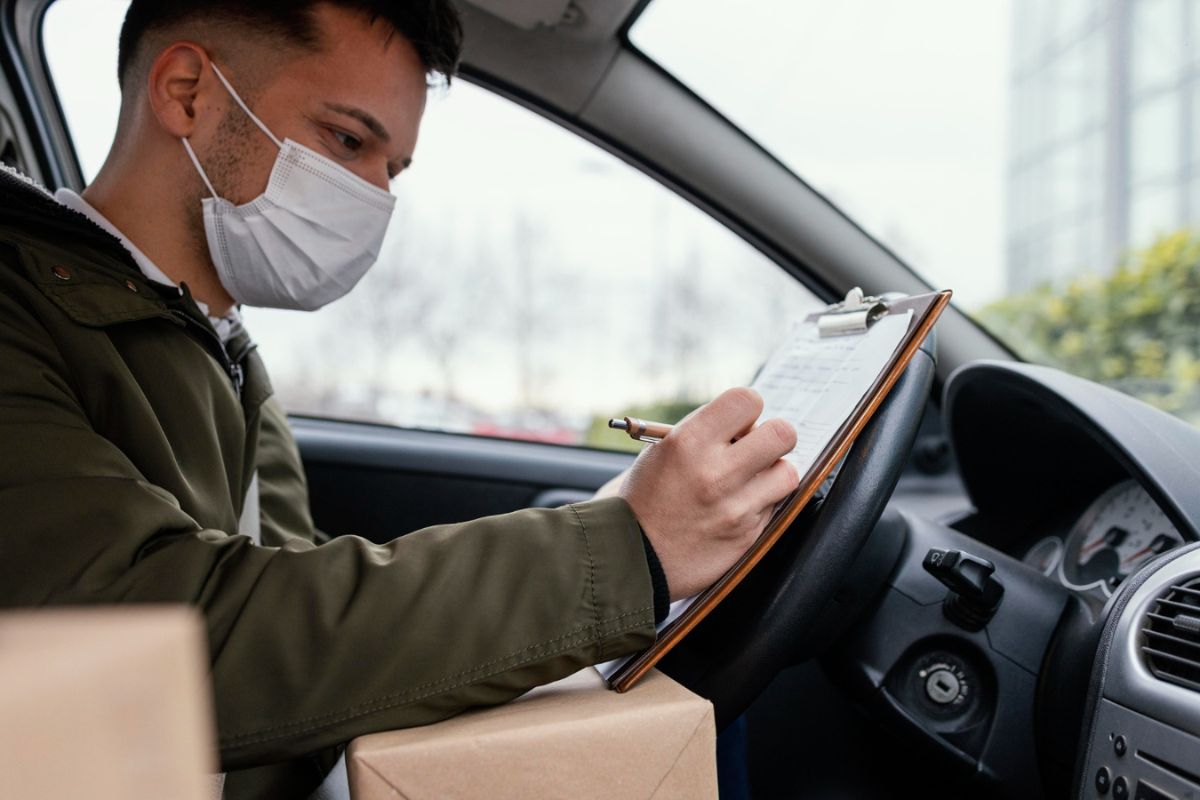Most CDL drivers assume the only way to fail a drug test is by using illegal substances. In reality, a driver can fail or be disqualified even when taking legally prescribed medication exactly as directed. A Dot Drug Test for CDL Florida is not designed to prove whether a driver did something “wrong.” It is designed to answer one question only, is the driver safe to operate a commercial vehicle under the influence of any substance that can impair function or judgment?
That means prescription drugs, when impaired or flagged under FMCSA rules, can lead to removal from duty even without misuse or intent.
Why Prescription Medications Trigger Violations
A violation can be caused in two ways:
1) The drug itself is banned or incapacitating
Some drugs are regulated and may be disqualifying even when legally prescribed. Drivers can be disqualified if they are medically disqualified by using a centrally acting CNS drug (opioids, benzos, stimulants, sedatives).
2) The laboratory or Medical Review Officer (MRO) cannot confirm the prescription as legitimate or safe to operate
If there is no documentation, missing or inconsistent documentation, the outcome is treated as a safety hazard until cleared.
Categories of Prescriptions That Commonly Cause Problems
Opioid Pain Medications
- Oxycodone, hydrocodone, codeine, morphine, tramadol
Response flags show potential impairment and will be examined carefully.
Benzodiazepines & Anti-Anxiety Medications
- Xanax, Ativan, Klonopin, Valium
These impair reaction time and decision-making.
ADHD Stimulant Medication
- Adderall, Vyvanse, Ritalin
These can be flagged due to the classification of amphetamines.
Sleep medication & sedatives
- Ambien, Lunesta, Trazodone
All of these medications impair alertness and next-day functioning.
Medical marijuana (even if you have a card)
- Disqualifying for CDL safety clearance
Federal law determines the DOT rules regardless of state legality.
The Role of the Medical Review Officer (MRO)
When a drug test detects a controlled substance, the lab does not immediately classify it as a “failure.”
The MRO first contacts the driver to confirm:
- Is there a valid prescription?
- Is the medication used as directed?
- Is the prescribing provider aware of CDL requirements?
- Is the medication compatible with safe commercial driving?
If the MRO cannot verify safe medical use, the result is treated as a violation regardless of intent.
“But my doctor said it’s fine.”, Why That Is Not Enough
Most primary care physicians do not work under FMCSA standards. A medication that is safe for normal daily life may not be allowed for a CDL driver. FMCSA rules are stricter than standard medical practice because the risk profile is higher. A driver can be considered medically unsafe even when fully compliant with a doctor’s prescription.
This is also why drivers should only undergo exams and clearances through providers familiar with federal requirements such as clinics holding DOT Examiner Certification Florida.
The Linking Point Between Testing and Medical Qualification
Even if a driver passes a drug test upon review, the same medication may disqualify them from obtaining or renewing DOT Physical Exam Certification Florida if the examiner believes the medication impairs safety. In other words:
- A driver can pass a test but fail medical clearance
- A driver can fail a test temporarily until proof is supplied
- A driver can be removed from duty even without illegal use
Drug testing, medical certification, and examiner judgment are inter-linked systems, not isolated checkpoints.
How Prescription Situations Turn Into Violations
Common scenarios where drivers get flagged without realizing:
- The pharmacy changed brands or dosage, triggering unexpected screen variation
- The prescription label expired but the driver still had remaining pills
- The driver did not answer the MRO call or respond in time
- The prescribing doctor did not confirm use to the MRO when contacted
- A driver used a family member’s pill “just once” for pain or stress
- A driver used CBD assuming it is “legal,” unaware that THC traces trigger federal violation
Violation is not only about what is taken, it is about what can be proven, verified, and deemed safe.
The Bottom Line for CDL Drivers
Yes, prescription medications can absolutely cause a violation or removal from duty under a DOT Drug Test for CDL Florida when:
- The drug itself is disqualifying for safety-sensitive duties
- The documentation cannot be validated to federal standards
- The medication profile suggests possible impairment
The fact that a substance is prescribed or “legal” does not guarantee clearance under transportation law. CDL compliance is evaluated under federal safety statutes, not everyday medical norms and not state medication rules.
The least risk comes from being medically managed by examiners who already understand DOT and FMCSA frameworks on the front end, rather than reacting after a violation appears. That is why many drivers and fleets choose to work with Transportation Medicine under Dr. Weinberg, because the evaluation is built to satisfy federal reviewer logic, not just general medical opinion.
If you need compliant, documentation-ready medical oversight for CDL clearance, schedule your evaluation with Transportation Medicine at aweinberg@medavex.org or give us a call at (727) 648-2402 to get started.

